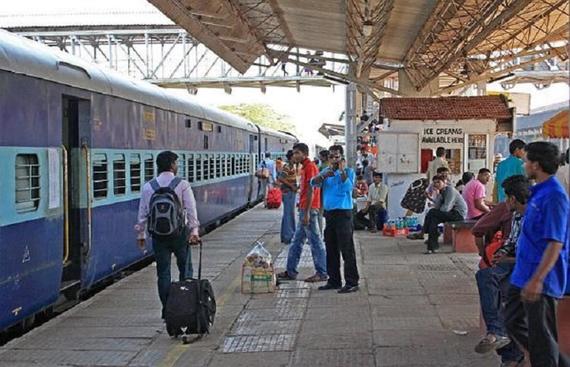Microsoft Azure helps IRCTC chatbot boost user experience by 70%

Microsoft said on Tuesday that its Azure Cloud platform has helped Indian Railway Catering and Tourism Corporations (IRCTC) AI-powered chatbot AskDISHA improve satisfaction of customer interactions by 70 per cent.
Developed by conversational AI platform CoRover, the virtual assistant uses technologies like artificial intelligence (AI), machine learning (ML) and natural language processing (NLP) to answer passenger queries.
Following the success of AskDISHA, IRCTC is partnering with CoRover to co-sell and re-sell AI products and services to government and private organisations across industries, the company said in a statement.
"Microsoft Azure helps CoRover deliver highly scalable solutions like AskDISHA that allows organisations like IRCTC engage effectively with their customers. We are excited to partner with CoRover as their chatbot-as-a-service platform is adopted across industries," said Sangeeta Bavi, Director–Startup Ecosystem, Microsoft India.
Since its inception in October 2018, the AskDISHA chatbot has handled over 10 billion interactions benefiting more than 178 million passengers.
Supporting both voice and text capabilities in English and Hindi, it is available on both web and mobile app interfaces.
The chatbot can answer user queries on ticket reservation, refund status, PNR search, cancellations, probability of ticket confirmation, as well as other travel and tourism offerings of the Indian Railways subsidiary.
"With secure and scalable architecture on Microsoft Azure, conversational AI platforms like AskDISHA can offer multi-format, omni-channel as well as multilingual support using different technologies to integrate as well as create and train, CoRover's chatbots also offer real-time analytics for quick decision-making," explained Ankush Sabharwal, Founder, CoRover.
AskDISHA processes about 150,000 passenger queries daily and customer queries across other channels like social media, phone calls and emails have been reduced by 70 per cent.
